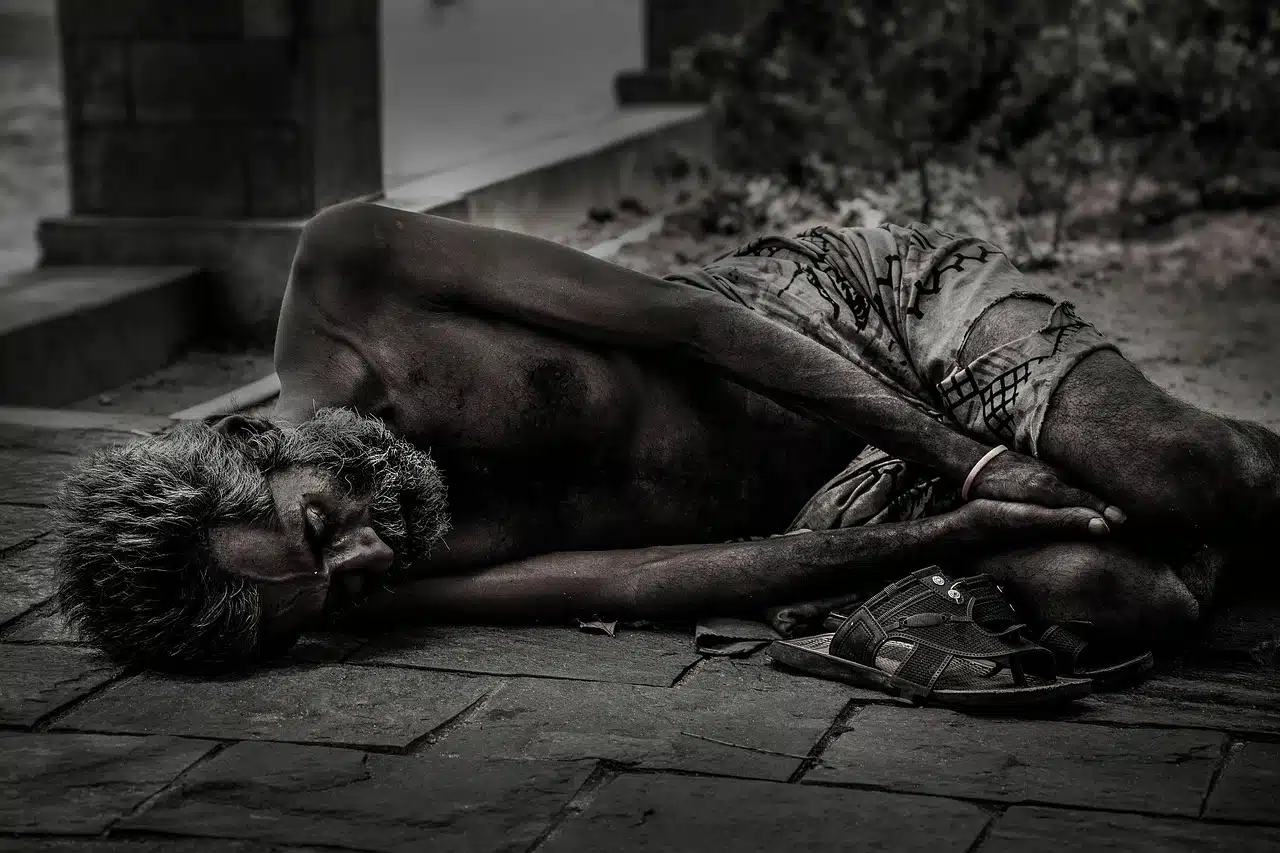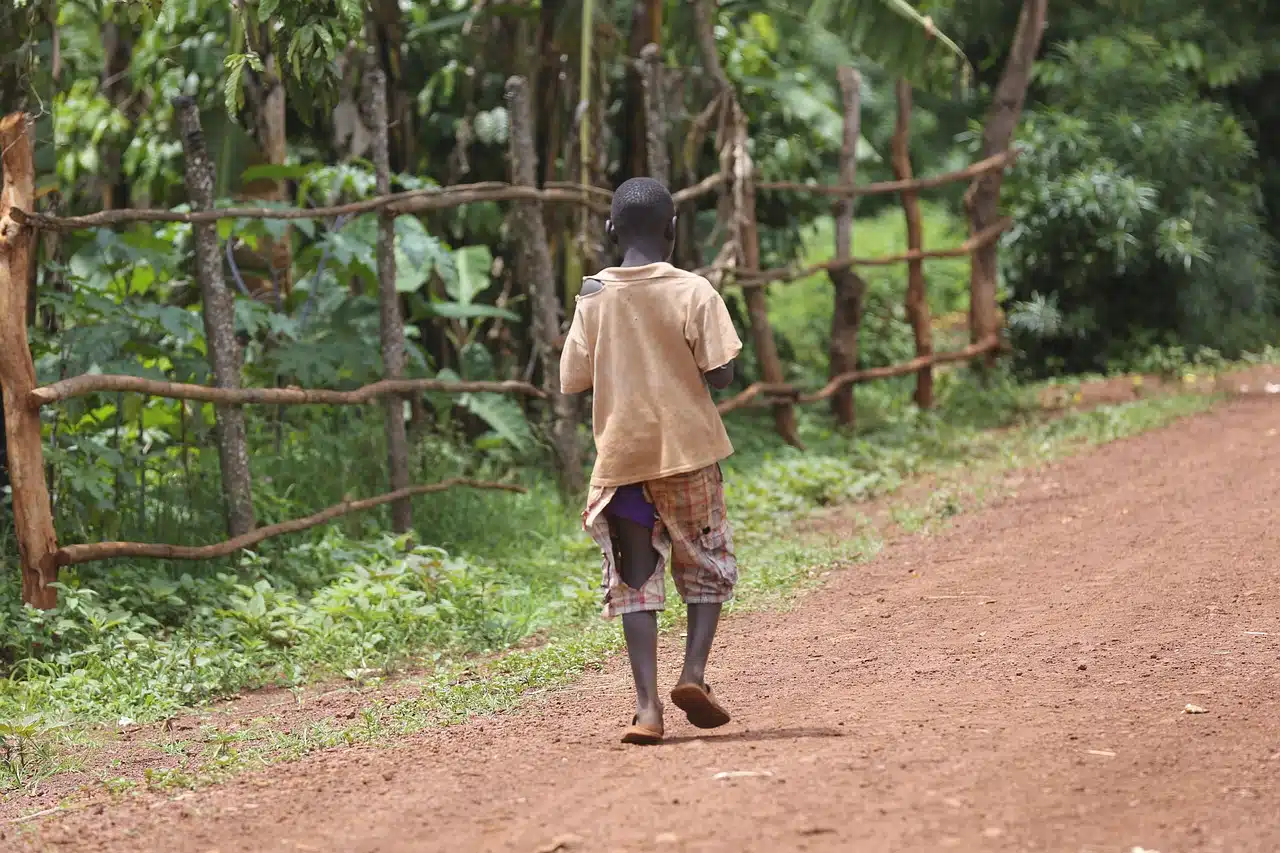
Destitution is associated with the lack of means to satisfy basic needs.
Destitution is the lack of means to satisfy basic needs (food, clothing, etc.). The person who suffers from destitution is known as a pauper.
The lack of own income is one of the main characteristics of indigence (a term from the Latin indigentia ). The homeless person does not have a job or works in precarious conditions, which translates into serious difficulties in meeting their needs.
For example: "This country should not have such a high rate of homelessness," "My economic situation is delicate: if I lose my job, I will fall into poverty."
Destitution and the State
Those who suffer from homelessness usually have no home (generally they sleep on the street or in a shelter ) and depend on state aid or solidarity to survive. These people live in a situation of social marginalization due to extreme poverty.
For the State , indigent households are those that do not receive enough income to cover a food basket (the variety and quantity considered basic according to various studies that are based on nutrition indices and the eating habits of the population).
Another way of considering indigence is according to the minimum wage : anyone who receives income less than this sum is indigent, since it is understood that they do not have sufficient resources to satisfy their basic needs .

Those who live in poverty need the help of the State to survive.
A structural problem
Homelessness is a structural problem in many countries. There are families with several generations in poverty , having to face a large number of needs, with inability to access education, health, etc. State authorities have the obligation to work on social development and inclusion programs to break this vicious cycle of destitution and achieve progress for the inhabitants.
One of the first problems encountered by foundations that aim to fight homelessness is to achieve a precise definition of this phenomenon, given that it is the only way to know the points to be solved. Furthermore, two other social situations are mixed in this unfortunate equation: exclusion and so-called homelessness .
Overall, it is quite difficult to draw substantial differences between not having enough income to cover basic needs and not having the possibility of accessing a roof permanently or stable, since both are desperate realities that require an immediate solution and to always .
However, the problem begins to develop long before its potential appearance: those of us who have never experienced a situation like those described in the previous paragraphs tend to think that "that will never happen to us." A dangerous combination of denial and social demands typical of the dizzying race that represents today's daily life leads us to not stop to consider the suffering of others or the risks that we ourselves run, and that is why we are never prepared to face and overcome a so hard chapter.
This invisible distance that exists between the " lucky" and the unfortunate terribly accentuates the exclusion that the latter feel, since when they do not receive a look of contempt they are ignored as if their presence on the streets recalled an old urban legend that everyone would like to forget.
Measures to reduce the risk of homelessness
We are terrified by the mere idea of being homeless, of losing our homes, because deep down we know that there is no effective and transparent system that helps these people get out of the hole; We do not trust temporary campaigns , which we consider pure pre-electoral propaganda, and that is why we do our bit by not collaborating with them, thus closing the circle of doom and hopelessness.
A measure that we can all take to reduce the chances of homelessness taking over our lives is to carry out a deep and conscious study of our expenses , seeking to eliminate those that are not necessary, replace certain necessary items with cheaper alternatives without reaching sacrifice its quality, and make sure we have savings that can keep us afloat for a while in case of emergency.
